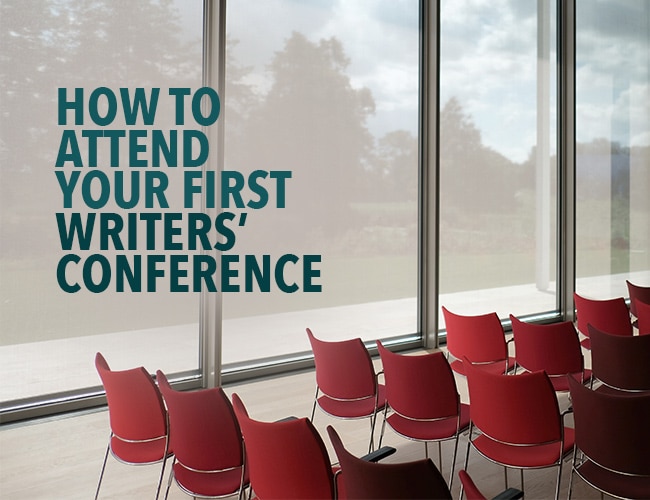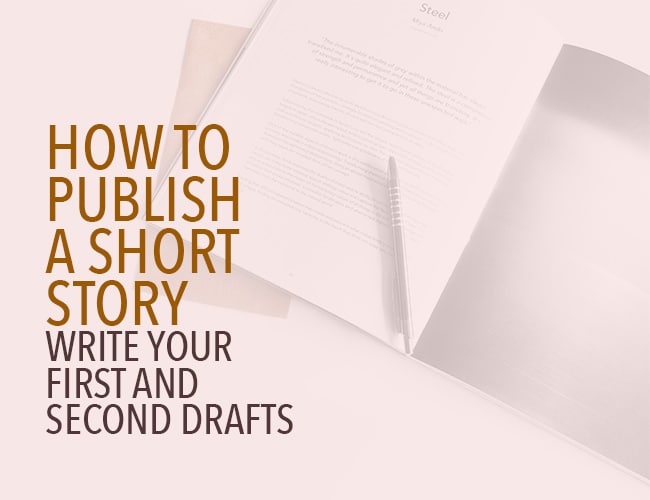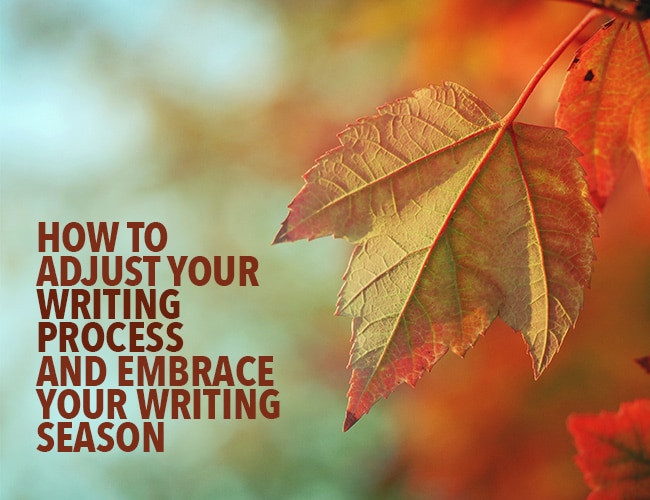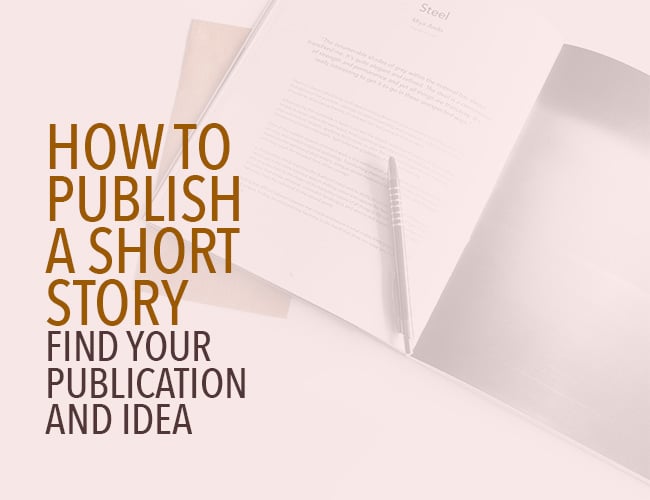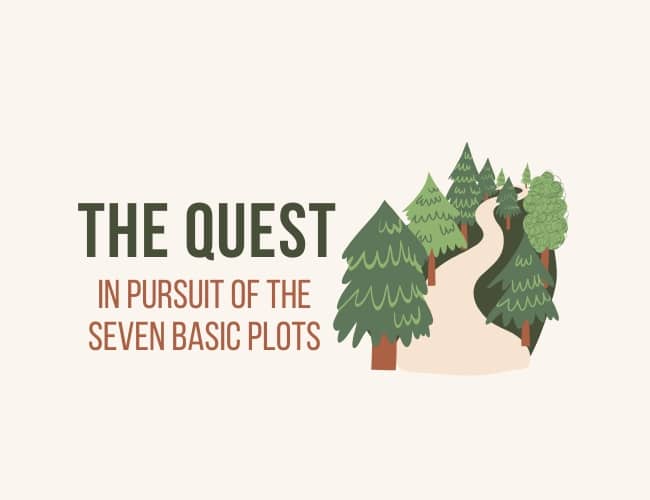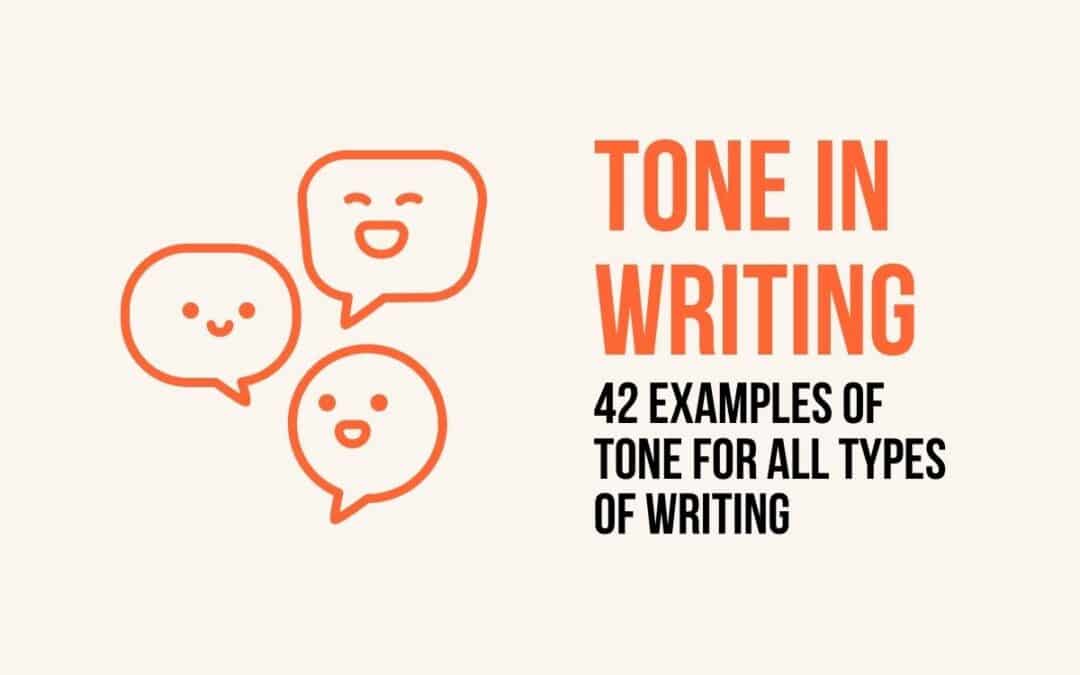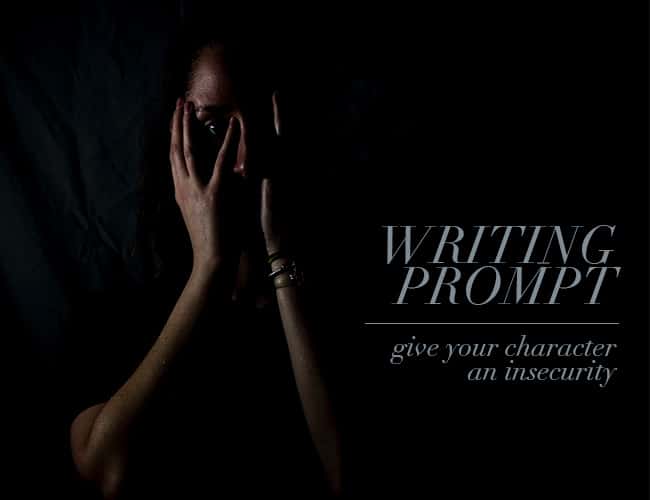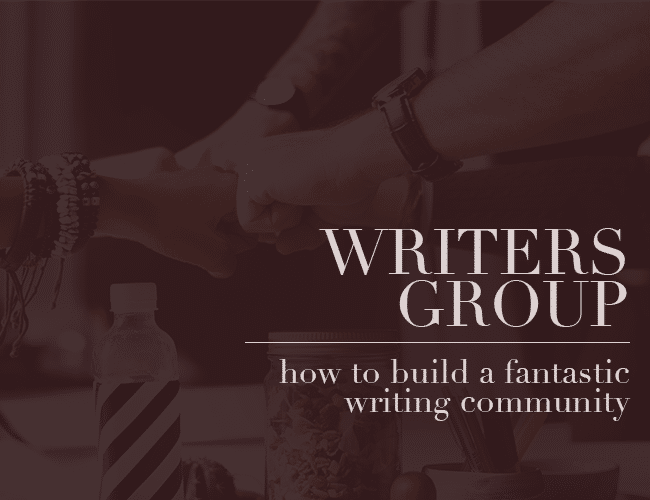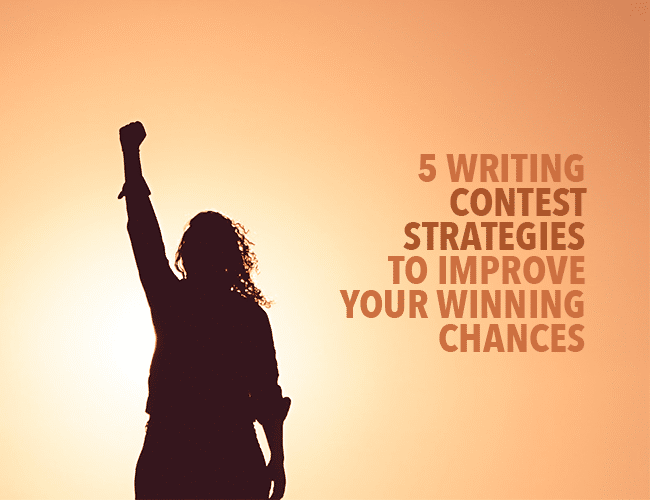Writers’ conferences can launch a career. They bring writers face to face with authors, agents, editors, publishers, and other writers at all skill levels.
But they can feel overwhelming for the uninitiated. With all the offerings, how does a writer navigate a conference to get the most from it?
